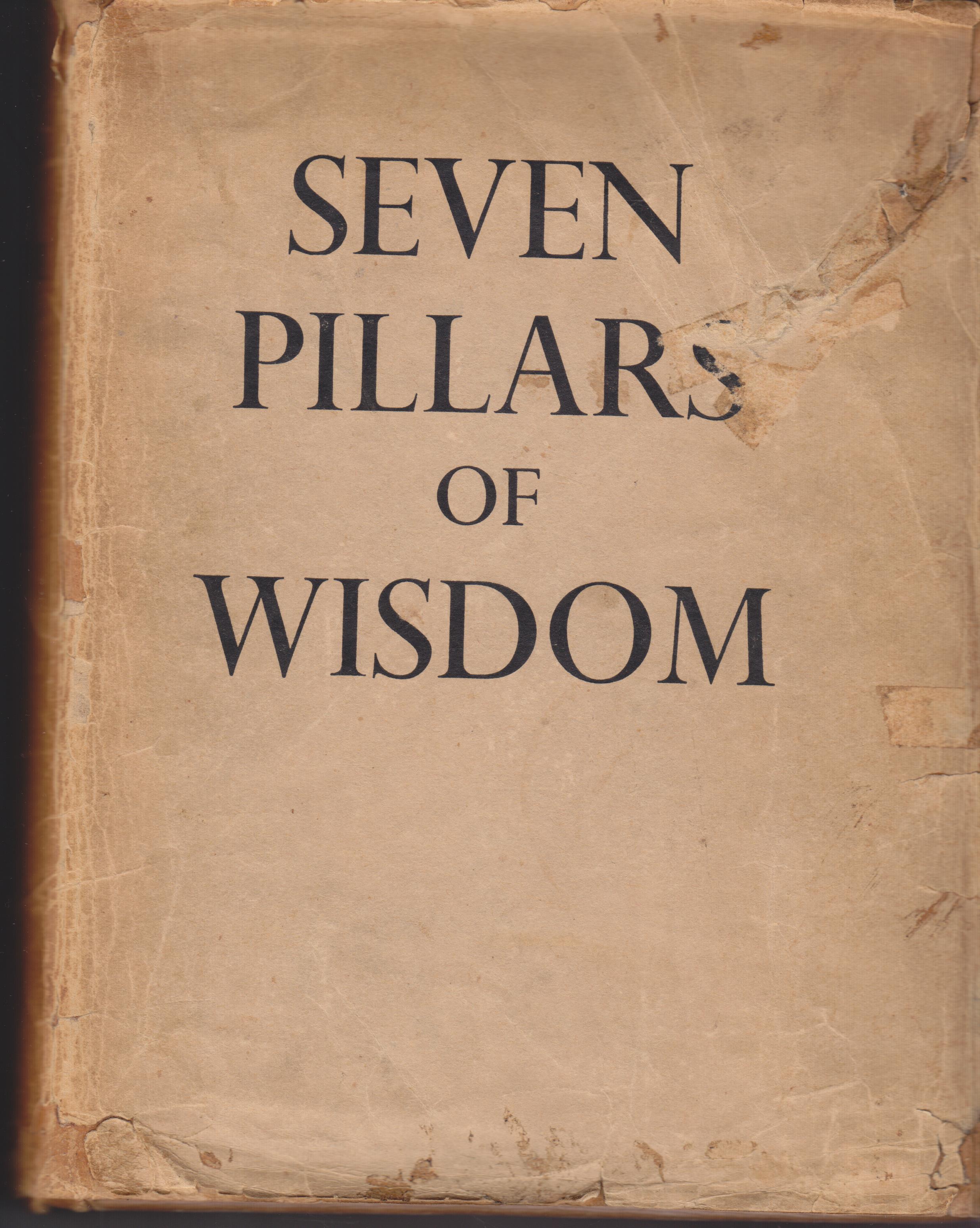

De l’autre, il s’agit aussi de mettre en lumière la manière dont Lawrence s’écarte d’un discours impérial conventionnel avec des portraits plus nuancés. D’un côté, cette recherche montre la manière dont Lawrence met en avant des exemples de pensée impérialiste en reproduisant des représentations stéréotypées de l’Orient au travers d’une esthétisation excessive ou d’une image dégradante des peuples et des paysages orientaux. Il s’agira de montrer l’ambivalence qui prévaut dans les représentations lawrenciennes de l’Orient. En s’appuyant sur la critique littéraire postcoloniale, cet article veut démontrer la manière dont Lawrence a simultanément réaffirmé et rejeté le discours impérialiste et colonialiste dans ses descriptions. Cet article porte sur l’un de ces récits de voyage, Les Sept piliers de la sagesse : un triomphe (1935), écrit par Thomas Edward Lawrence, également connu sous le nom de « Lawrence d’Arabie ». Ce genre littéraire a contribué à renforcer et légitimer l’expansion impériale et coloniale et représente donc l’un des principaux éléments permettant d’analyser le schéma de pensée postcolonial. Les écrits de voyage constituaient l’un des champs principaux qui prospéraient parallèlement à la diffusion de l’hégémonie britannique sur le monde. La production littéraire qui a vu le jour pendant l’expansion de l’empire britannique a souvent reflété l’esprit impérialiste qui dominait le monde à ce moment-là. This paper contends that Lawrence’s Orientalist discourse is much more ambivalent and subtle than the conclusions elaborated by Edward Said in his critical theory of Orientalism. On the other hand, this paper highlights Lawrence’s departure from the conventional imperialist discourse with more nuanced portrayals. On the one hand, this research shows the way Lawrence showcases examples of imperialist thinking by reproducing stereotypical representations of the Orient through excessive aestheticisation or demeaning of Oriental people and landscapes. This paper will shed light on the ambivalence which prevails in Lawrence’s representations of the Orient.

Drawing upon postcolonial literary criticism, this paper will show the way Lawrence simultaneously reaffirms and rejects the imperialist and colonialist discourse in his portrayals. This paper will focus on one of these travel accounts, Seven Pillars of Wisdom: A Triumph (1935), written by Thomas Edward Lawrence also known as ‘Lawrence of Arabia’. This literary genre contributed to strengthening and legitimising the imperialist and colonialist expansion and therefore represents one of the prominent samples for the postcolonial analytical framework. Travel writing was one of the major fields which prospered in parallel with the spread of British global paramountcy. The literary output that was produced during the rise of the British Empire often reflected the imperialist spirit that dominated the world at that time.


 0 kommentar(er)
0 kommentar(er)
